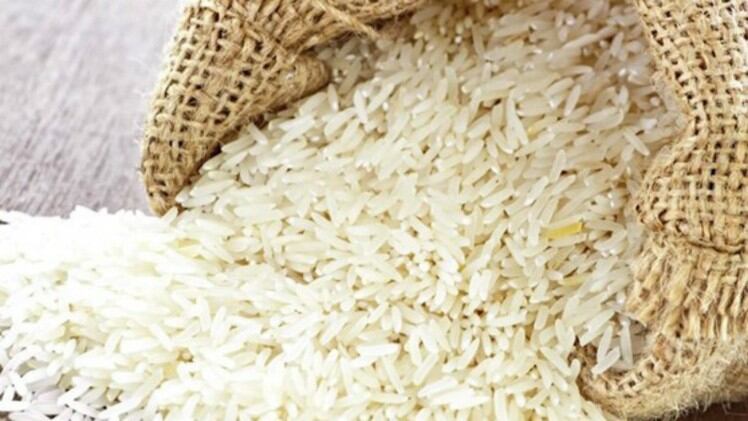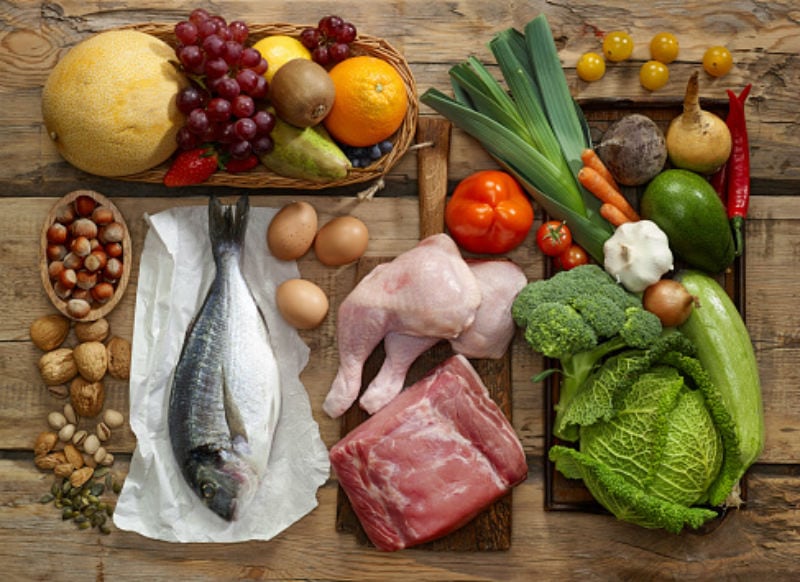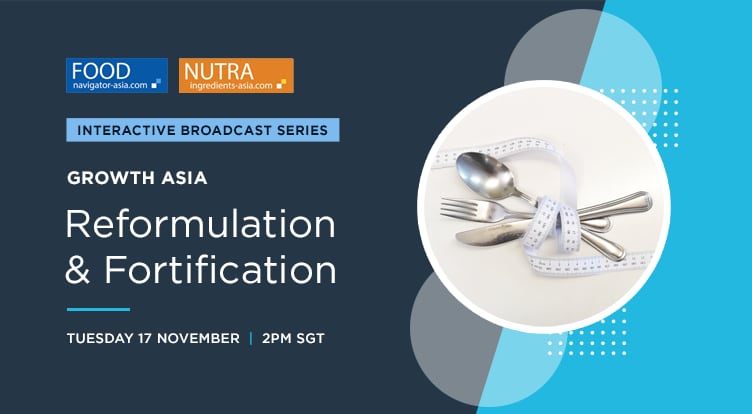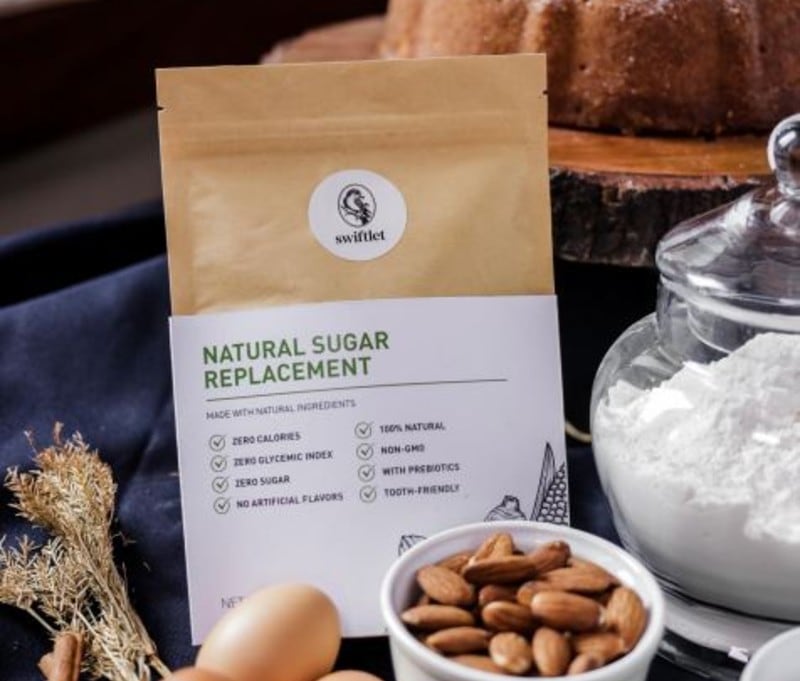The study revolved around countries in South Asia due to the common usage of parboiling – a process where paddy is soaked, heat treated and dried before dehulling to get parboiled brown rice and then milled to white - is extremely commonly used as a cooking method in the region. Three biofortified and two non-biofortified variants of rice were examined.
Parboiled rice is generally believed to be more nutritious due to higher levels of Vitamin B, and some variants have been shown to be lower in GI levels. However, the researchers in this study revealed that the concentrations of zinc tend to be lower in parboiled rice as compared to non-parboiled.
“[We saw a true retention (TR, a measurement of percentage remaining in grain) of between 63.8 to 89.6% zinc in non-parboiled compared to just 49.8 to72.2% for parboiled rice,” said the report authors.
“In addition, the average zinc concentration in biofortified rice [was found to be] 18.0 µg.g−1, higher than non-biofortified [variants at] 12.3 µg.g−1.
“[So we believe that rice containing higher zinc levels] should be considered for populations that consume mostly parboiled or highly polished rice, [and also that] despite some known nutritional benefits of parboiled rice, for populations with high zinc deficiency it is prudent to promote the consumption of non-parboiled over parboiled rice.”
The study also examined the impacts of parboiling and fortification on the levels of iron and phytic acid in rice, but did not observe any significant impacts.
Zinc deficiency is known to cause growth retardation, impaired immune function, hair loss, diarrhoea and several other health impacts.
FSSAI response
FoodNavigator-Asia put forth these recommendations to FSSAI Director (Social and Behavioural Change) Inoshi Sharma who is in charge of the country’s upcoming mandatory fortification regulations for the open market which will first be for oil and milk with rice to follow at a later date.
All rice, salt and wheat provided via the nation’s public distribution system are already being fortified as well. Rice in particular is being fortified with iron, folic acid and Vitamin B12.
When asked why zinc has not been included as a necessary nutrient for rice fortification, whether via developing high-zinc rice variants or later addition/processing, she stressed that this is because ‘fortification is considered a preventive intervention and not a curative one’.
“Zinc supplementation is usually recommended for the management of diarrhoea. That said, FSSAI's regulation for dosages for wheat flour and rice do include zinc as an optional micronutrient [so] the provision already exists,” she told us.
“As of date zinc [in India] is also administered via national programmes [such as] the National Programme for Management for Diarrhoea] as an adjunct to Oral Rehydration Salts in children older than 3 months.”
As for parboiling in general, she concurred that the consumption of parboiled rice in India ‘is high’ and recommended that millers in the open market fortify rice according to FSSAI-recommended dosages as there are not yet any regulations mandating this.
The mandatory fortification of all edible oil and milk in India is expected within the next few months, and Sharma expects regulations for rice to follow in three to four years.





